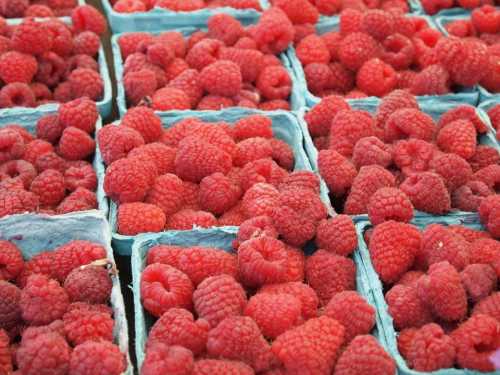
Imagine that your blood vessels are perfectly smooth highways through which life rushes. But over time, they can develop “potholes” – atherosclerotic plaques. One of the main reasons for this is chronic inflammation, an invisible “fire” that slowly destroys the walls of blood vessels. A new study published in the journal Nutrients gives hope that the most ordinary raspberry can become our little helper in the fight against this process.
What did they show in the laboratory?
Scientists conducted experiments not on people, but in laboratory conditions: on cultures of cells that line our blood vessels and on isolated sections of arteries. When raspberry extract was added to these cells, something interesting happened. The active substances of the berry, polyphenols and anthocyanins, worked like skilled firefighters – they “turned off” the genes responsible for igniting inflammation.
Moreover, the researchers noticed another important effect. During inflammation, the walls of blood vessels become “sticky,” releasing special molecules that cause immune cells to stick to them. This is similar to creating traffic jams on the road, which later turn into plaques. Raspberry extract helped the cells “remove this glue,” making the surface of the vessels smooth again and free for blood flow.
There is hope, but we shouldn't rush to conclusions.
These results are very encouraging. They show that raspberries have the potential to protect blood vessels at the most fundamental, cellular level. Based on this, scientists suggest that regularly consuming foods rich in these compounds may help slow the development of cardiovascular disease.
But it's important to remember that what works in a test tube doesn't always work as well in the complex human body. This study is just the first step, albeit a very important one. Large-scale clinical trials in humans are needed to say with certainty that a handful of raspberries for breakfast will protect your heart. In the meantime, we can simply enjoy the delicious berry, knowing that its potential benefits now have another scientific basis.






